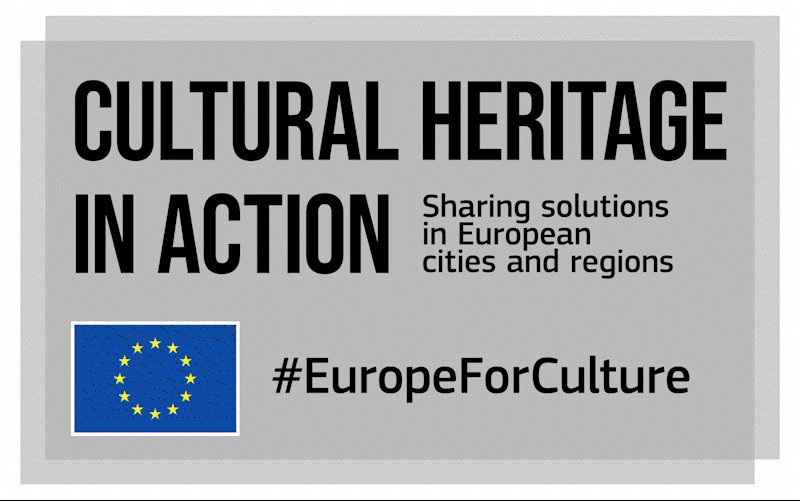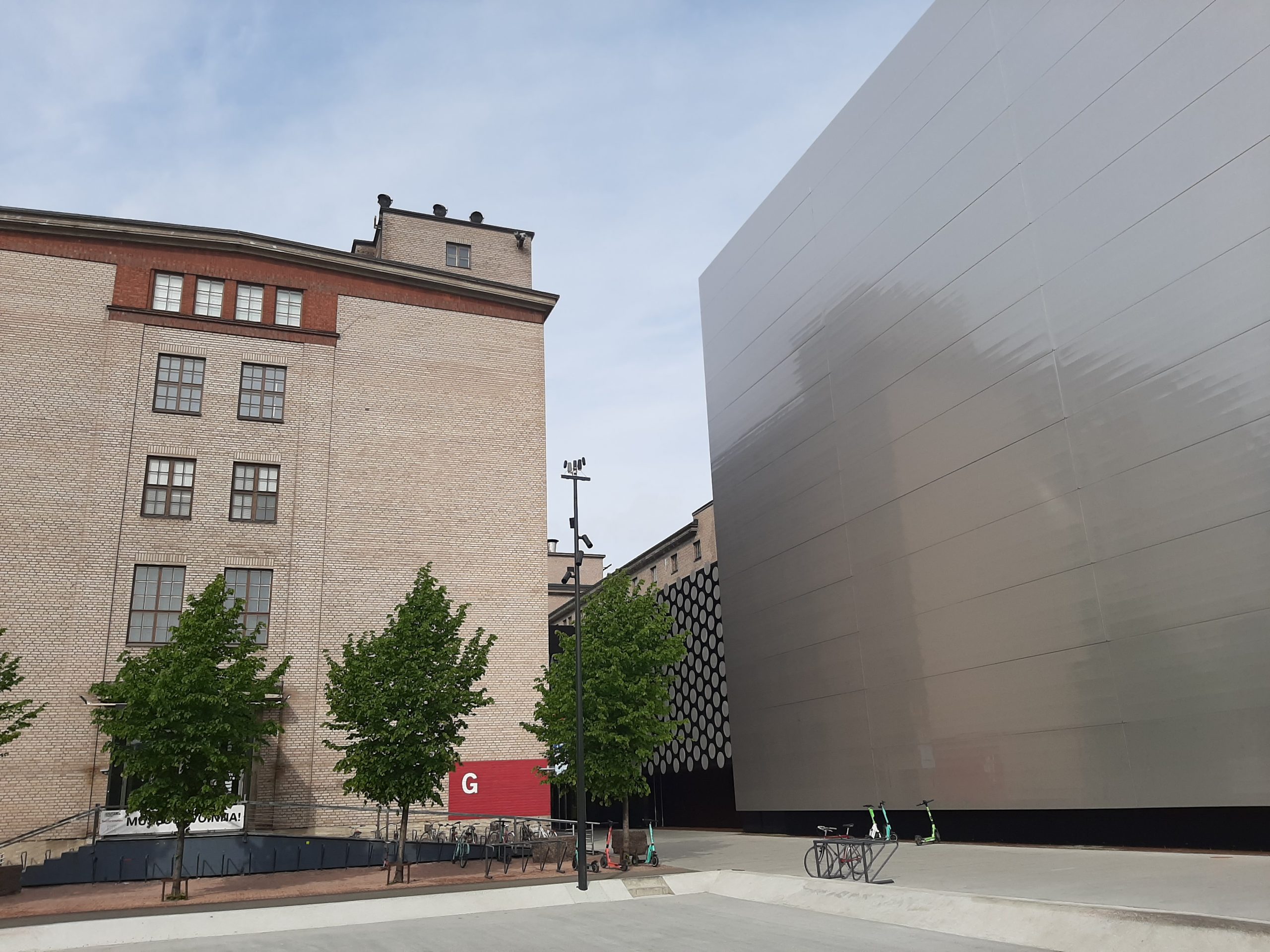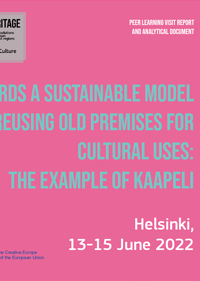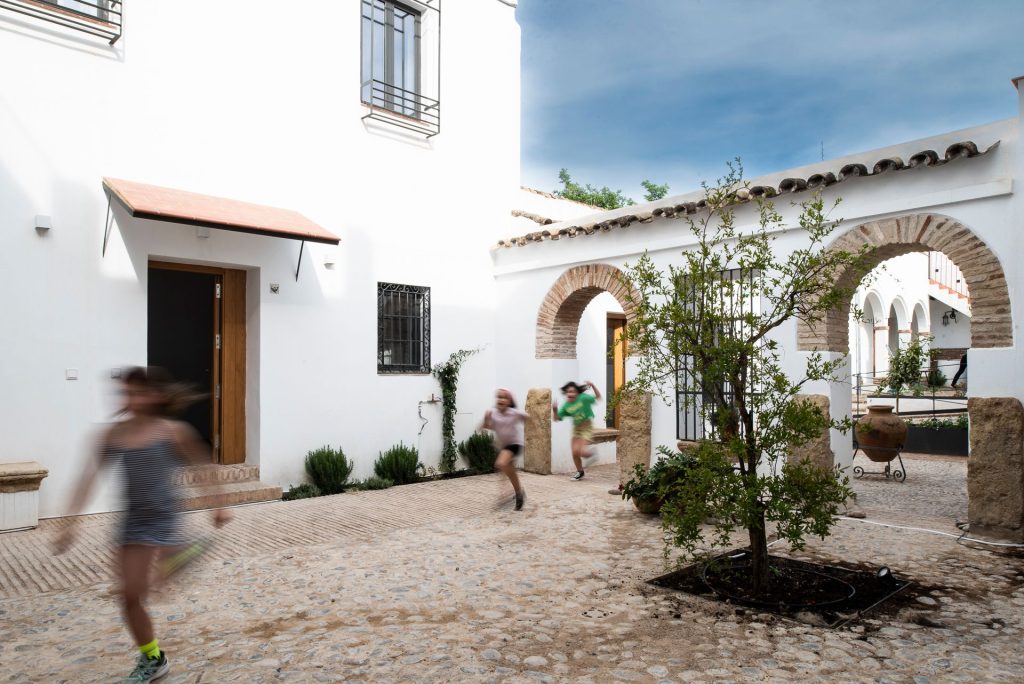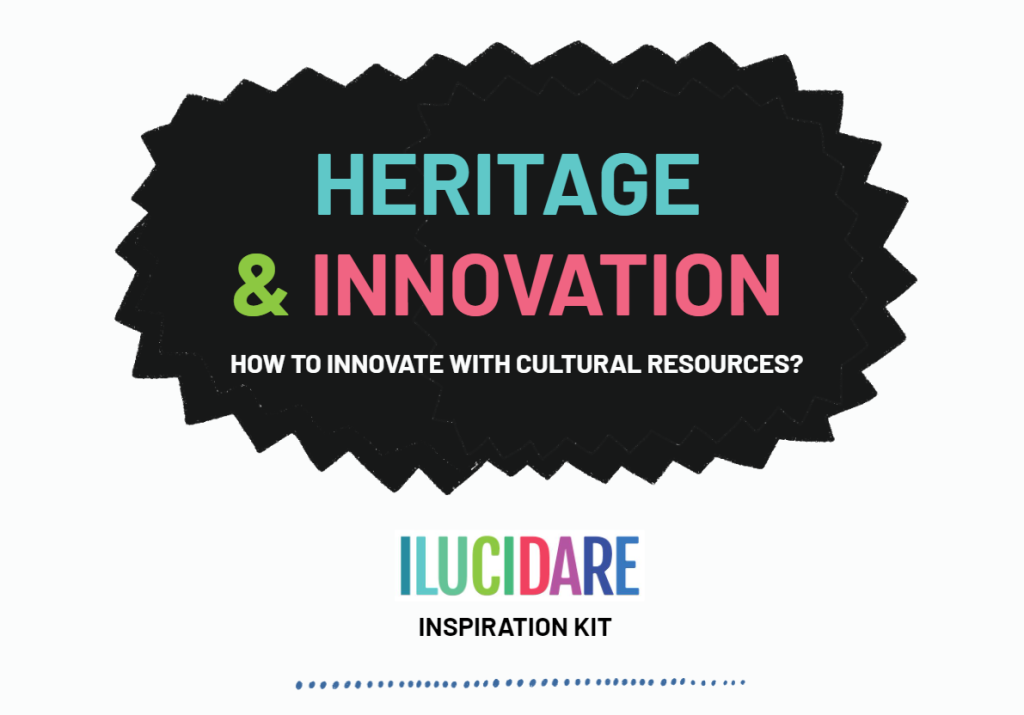Helsinki is undergoing an accelerated urban development, which has filled commercially attractive sites and left some in-fill plots in former industrial areas too costly to repurpose. But in the municipality’s view, abandoned buildings can be used as cultural resources to support creative and artistic development, as proved by the KAAPELI’s case, a 30-year-old success story.
The case of KAAPELI now is part of the strategic approach of the city of Helsinki to be A Place of Growth, reflected in the city’s arts and culture strategy, which runs to 2030. The initiative stands in the broader strategic aims for Helsinki, which include a clear policy for temporarily using empty buildings.
It all goes back to the creation 30 years ago of a wholly-owned Council real estate company that operates for-profit as an enabling organisation. The KAAPELI company can borrow against its assets. It has a reliable income source from a long-term mixed tenant base of artistic, creative, sporting, and commercial organisations. The model provides tenants with only the basic facilities to design premises to suit their purpose. The company does not programme or curate the activity on-site, allowing cultural tenants the freedom to operate independently. Such a model seems more agile and flexible than a traditional municipal vehicle. It enabled the company to redevelop its premises step by step: the former heritage site of the Cable Factory is now entirely repurposed into a cultural asset. It also allowed adapting better to the needs of the tenants.
With the development of the KAAPELI company, Helsinki could develop more facilities with limited risk to the Council. The model has developed incrementally, and the company has become a skilled and trusted partner.
The KAAPELI model demonstrates how to transform a significant heritage asset while managing financial risk. The critical success factors included the company owning the assets, having long-term tenancies and a mix of services and activities.
You can read more in the recently published report from a peer-learning visit organised in Helsinki last June 2022. The visit focused on KAAPELI, a successful model for Helsinki that has grown a strong reputation and an enviable skills base.
An online session analysed other sustainable models of reusing old premises for cultural uses in European cities in September 2022. You can watch the recording below.
